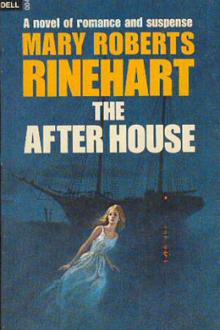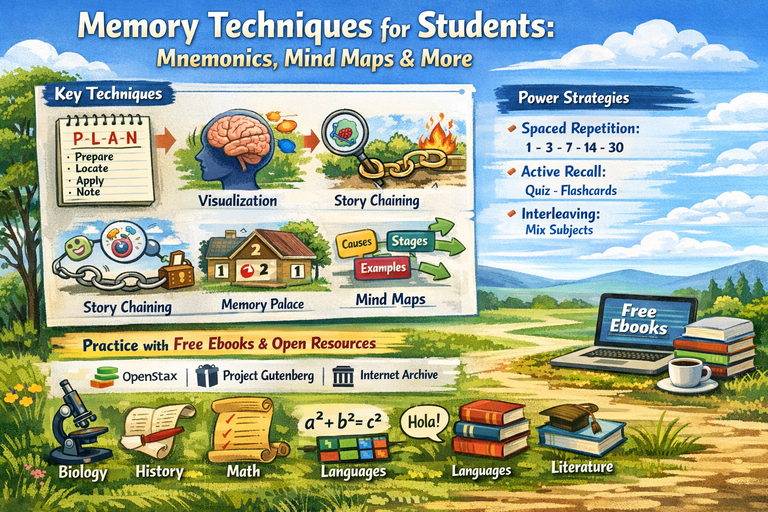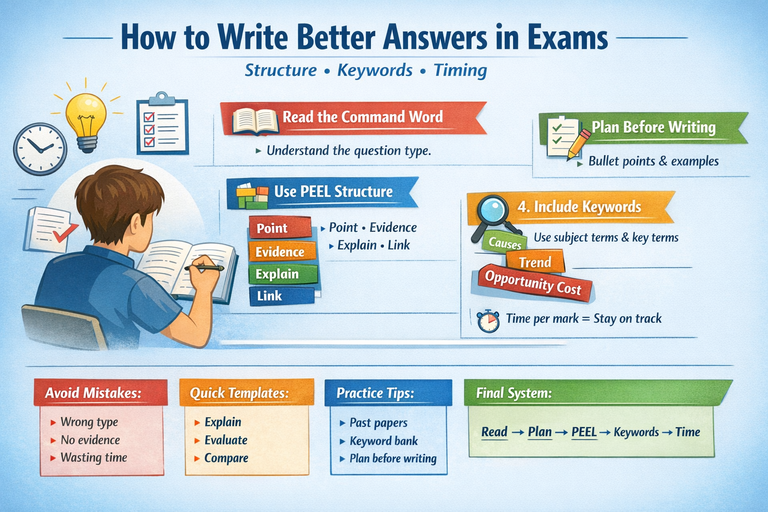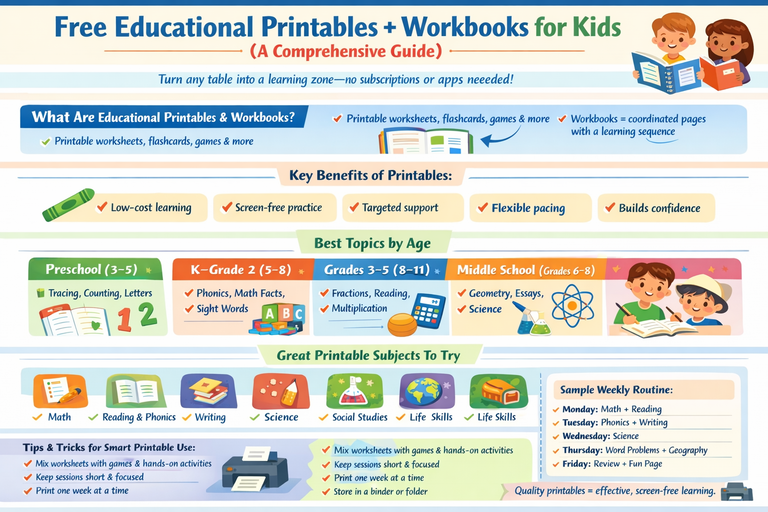How Financial Novels Reflect Market Crashes and Economic Turmoil
Financial markets are often viewed as cold, analytical systems governed by logic, data, and numbers. But beneath every bull or bear run lies a storm of human emotion—greed, fear, hope, panic. These emotions shape economies just as much as interest rates or inflation. And while economists and analysts try to explain financial crises in charts and reports, novels do something different—they tell the story behind the story.
At Junkybooks, we believe that financial fiction plays a powerful role in chronicling economic collapses. These novels don’t just document numbers—they dramatize the personal and psychological fallout of market crashes. From the Great Depression to the 2008 meltdown, fiction writers have turned turmoil into powerful narratives that help readers understand what truly happens when economies unravel.
In this post, we explore how financial novels reflect market crashes and economic turmoil—shedding light on history, human behavior, and the fragility of our financial systems.
Fiction as a Lens on Financial Disaster
When markets crash, the headlines often focus on statistics—GDP decline, bank failures, or job losses. But fiction zooms in on the human cost. Who loses everything? Who survives? Who cheats the system? These are the questions that financial novels ask and answer.
In John Steinbeck’s The Grapes of Wrath, for example, readers are taken directly into the heart of the Great Depression. While not a financial novel in the traditional Wall Street sense, it powerfully reflects the consequences of economic collapse. Families are uprooted, dignity is lost, and the American Dream is exposed as a myth for many.
On the other end of the spectrum, Tom Wolfe’s The Bonfire of the Vanities offers a look at the greed and excess that precedes economic disaster. Though set in the 1980s, it foreshadows the type of financial arrogance that contributed to later crises. The novel warns of what happens when personal gain trumps public responsibility.
Through stories like these, Junkybooks sees fiction not only as entertainment, but as essential cultural commentary—capturing moments of collapse in ways spreadsheets never could.
The 2008 Crisis in Fiction: A Modern Wave of Economic Literature
Few financial disasters have been as widely depicted in fiction as the 2008 global financial crisis. This market collapse inspired a new generation of writers to examine what went wrong—and why.
One standout is Adam Haslett’s Union Atlantic. The novel follows a young banker who builds a risky financial empire in the run-up to the crash. As regulators close in, the personal and professional stakes spiral out of control. The story reflects the systemic failures of financial oversight and the unchecked ambition that fueled the housing bubble.
Then there’s The Financial Lives of the Poets by Jess Walter—a darkly funny novel about a journalist-turned-investor who gets caught in the housing crisis. It’s a more intimate portrayal of economic collapse, showing how everyday people can be ruined by the ripple effects of market speculation.
These modern financial novels act as literary post-mortems. They explore not just what happened in 2008, but how it felt to live through it—from both boardrooms and bedrooms.
Humanizing Economic Collapse
What sets fiction apart from economic reports is its ability to humanize the crisis. We don’t just see the loss of trillions—we see the single father losing his home, the entrepreneur watching years of work disappear, or the banker drowning in guilt.
In Cristina Henríquez’s The Book of Unknown Americans, the financial collapse isn't the central plot, but it quietly shapes the background. Immigrant families struggle with housing insecurity, wage loss, and displacement—an indirect yet powerful commentary on how crashes hurt the most vulnerable.
At Junkybooks, we believe that storytelling has the power to build empathy. Economic turmoil can feel distant or abstract, but when it’s channeled through relatable characters, it becomes real. Readers start to ask: What would I have done? Could I have survived? Fiction turns data into drama—and that makes all the difference.
Fictionalizing History: Learning From the Past
Many financial novels also use historical crashes as their backdrop, allowing readers to reflect on past mistakes and patterns. These stories offer insights into how little changes over time—despite supposedly learning from history.
Consider the 1929 stock market crash. In Frederick Lewis Allen’s Only Yesterday, although it’s nonfiction, the style is narrative and rich in detail. It paints a vivid picture of pre-crash optimism and post-crash despair. Then there’s Ayn Rand’s Atlas Shrugged, which—though more ideological—depicts a world teetering on economic collapse due to policy failures and moral decline.
Meanwhile, more contemporary novels like Robert Harris’s The Fear Index blend financial crashes with techno-thriller elements, showing how new technologies like AI can trigger massive economic shocks. These stories take historical anxieties and update them for the digital age.
At Junkybooks, we often recommend such novels to readers who want to understand finance from a broader, more emotional perspective. History might repeat itself—but fiction makes sure we remember the consequences.
Morality and Responsibility in Financial Fiction
A common thread in novels about market crashes is the moral reckoning that follows. Characters must face the outcomes of their decisions—sometimes legally, sometimes personally.
In financial fiction, this moral dimension is often more pronounced than in nonfiction. That’s because authors can fully explore the inner conflicts of a trader who makes one bad call, a CEO who hides numbers, or a whistleblower who risks everything to expose fraud.
Books like House of Cards by William D. Cohan, though fact-based, read like a novel and detail the fall of Bear Stearns. It reflects not just what happened, but why—the hubris, denial, and groupthink that can sink even the most established institutions.
This ethical examination is crucial. Market crashes don’t occur in a vacuum—they are the result of human decisions. Fiction makes that point impossible to ignore.
Economic Collapse as a Psychological Drama
Another strength of financial fiction is its ability to explore the psychological impact of economic failure. Anxiety, guilt, obsession, and disillusionment are often at the heart of these stories.
In Mohsin Hamid’s How to Get Filthy Rich in Rising Asia, the protagonist climbs out of poverty through a series of business moves, only to find emptiness at the top. The novel is a meditation on capitalism, personal ambition, and the emotional toll of financial success and loss.
Similarly, in Jonathan Dee’s The Privileges, a wealthy family navigates the fallout of a financial scandal. What’s fascinating is not just the public consequences, but the private unraveling of relationships and identities shaped by money.
At Junkybooks, we see these novels as mental health narratives, too. Financial trauma is real, and these stories reflect how economic events ripple through the psyche—changing how people see themselves and their place in the world.
Why Readers Gravitate Toward Financial Fiction During Crisis
Interestingly, financial fiction tends to spike in popularity during or after real-world market collapses. It’s a way for readers to process what’s happening—or what just happened. It allows them to explore fear in a safe, controlled environment.
Fiction can offer catharsis. It can also offer answers. Even when outcomes are bleak, there’s comfort in understanding the human side of the economy. Novels help us recognize that we’re not alone in our confusion or anxiety. And sometimes, they even offer hope.
Whether it’s through tragedy or satire, collapse or redemption, financial novels help us navigate the emotional aftermath of real-world crises.
Final Thoughts
Market crashes and economic turmoil aren’t just economic events—they’re human ones. Through powerful storytelling, financial novels bring those moments to life. They hold a mirror to the systems we build, the risks we take, and the values we uphold or abandon in times of crisis.
At Junkybooks, we see these novels not just as stories, but as tools for reflection. They blend fact with fiction to reveal deeper truths about how economies fail—and how people respond. In a world where financial volatility seems to be the new normal, these books offer both warning and wisdom.
So the next time the markets start shaking, consider picking up a novel. You might just find that the best way to understand the numbers is through a story.







